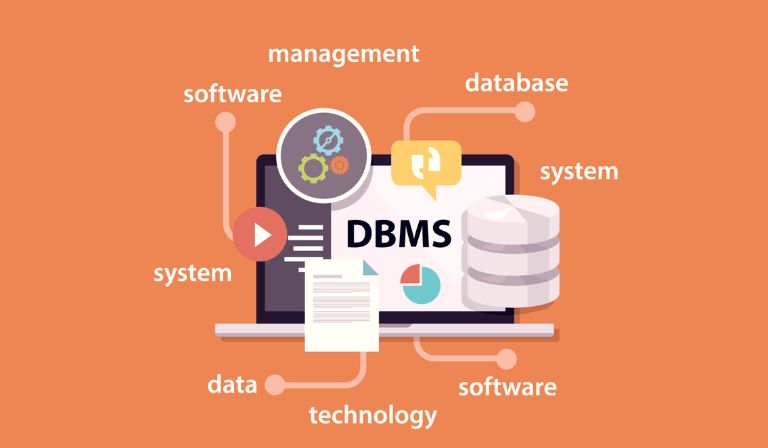Database Management Systems (DBMS) form the backbone of most modern software applications, enabling efficient storage, retrieval, and management of data. For students and professionals alike, mastering DBMS concepts is a crucial step in understanding how data-driven applications work. Tackling assignments in this domain can be challenging, but with the right approach, you can excel.
Table of Contents
ToggleUnderstanding the Basics
Before diving into assignments, it’s essential to have a clear grasp of fundamental DBMS concepts. This includes:
- Data Models: Understand the primary types—hierarchical, network, relational, and object-oriented models. The relational model, in particular, forms the core of many assignments.
- Schema Design: Know the difference between logical and physical schemas and how to design a database using normalization techniques.
- SQL: Be proficient in crafting SQL queries for data manipulation and retrieval.
- Transaction Management: Familiarize yourself with ACID properties (Atomicity, Consistency, Isolation, Durability).
- Indexing and Optimization: Learn how indexes improve query performance and the role of query optimization.
Step-by-Step Approach to Solving DBMS Assignments
- Read the Requirements Carefully
- Begin by thoroughly understanding the problem statement. Identify the deliverables, such as ER diagrams, SQL scripts, or written explanations.
- Break down the assignment into smaller, manageable tasks.
- Design the Database
- Create an Entity-Relationship (ER) diagram to visualize the database structure. Identify entities, attributes, and relationships.
- Apply normalization to eliminate redundancy and ensure data integrity. Start with the First Normal Form (1NF) and progress to higher normal forms as needed.
- Implement Using SQL
- Define the schema by writing SQL scripts to create tables with appropriate data types and constraints (e.g., primary keys, foreign keys, unique constraints).
- Populate the tables with sample data for testing.
- Write Queries
- Address the queries mentioned in the assignment. For example, tasks may involve retrieving specific data, performing aggregate functions, or joining multiple tables.
- Optimize the queries for performance. Use EXPLAIN statements to analyze execution plans and refine your SQL code.
- Handle Advanced Concepts
- For assignments involving advanced topics, such as triggers, stored procedures, or indexing, ensure you understand their syntax and functionality.
- Test your implementations thoroughly to confirm correctness.
- Test and Validate
- Test your database design and queries using edge cases. Ensure data consistency and integrity are maintained.
- Document any assumptions or constraints clearly to avoid ambiguity.
Common Pitfalls to Avoid
- Skipping Normalization: Neglecting normalization can lead to redundant data and inconsistencies.
- Ignoring Constraints: Constraints such as primary keys and foreign keys enforce data integrity. Omitting them can cause logical errors.
- Poor Query Performance: Writing inefficient queries can lead to slow performance. Always optimize queries and use indexing where applicable.
- Lack of Testing: Failing to test thoroughly can result in undetected errors.
- Overlooking Documentation: Proper documentation helps others (and yourself) understand your design and decisions.
Tips for Success
- Leverage Online Resources: Use forums, tutorials, and official documentation to clarify doubts and learn best practices.
- Collaborate with Peers: Group discussions can offer new perspectives and solutions.
- Practice Regularly: Build sample databases and write queries to reinforce your understanding.
- Seek Feedback: Share your work with instructors or peers to identify areas for improvement.
Conclusion
DBMS assignments can be a rewarding challenge, providing an opportunity to apply theoretical knowledge to practical problems. By adopting a structured approach—from understanding the requirements to testing your solutions—you can tackle these assignments with confidence. Remember, consistency and a willingness to learn are key to mastering database management systems.











